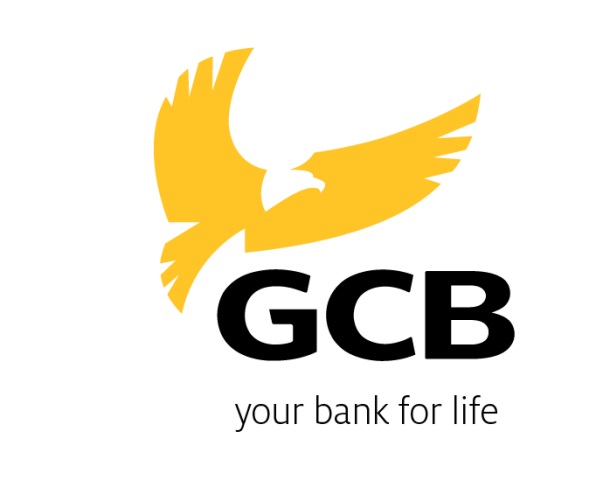Securities and Exchange Commission (SEC) says the government is in the process of establishing an Investor Protection Fund to secure deposits.
The Fund will serve as funding source to compensate and cushion investors who lose their investments to collapsed or distressed licensed operators.
“Investor Protection Fund, in fact, is in many countries so that if an investor loses his money from a licensed operator you can go to the fund and use it to compensate that investor”, Head of Policy and Research at the Securities and Exchange Commission (SEC), Emmanuel Ashong-Katai said.
The Bank of Ghana, SEC and all licensed operators will be required to pool resources to feed the proposed fund.
ALSO READ: No crypto currency platform is registered, SEC warns Ghanaians
“The Security and Exchange Commission, Bank of Ghana, government, are expected to contribute into the fund, then all licensed operators will also put some money into it. Part of income derived from investors, such as fees, will also go into the fund”. He further stated.
“So we are going to look at various sources of funding to create a fund for the protection of investors,” Mr Ashong-Katai revealed at a public lecture in Kumasi on Ponzi schemes.
Mr Ashong-Katai further stated that an Investor Protection Fund must address investor concerns.
“This year we are going to submit it to the ministry of finance who will table it to parliament to create the fund, legally speaking.”
“This means under this new fund, investors who will fall victim will be protected”. He however stressed that “only ordinary investors will benefit”.
Types of Investors and who benefits
According to SEC official, the fund will recognise two types of investor categories – the qualified investors and ordinary investors.
Those under the qualified investor categories are those who have investor knowledge like bankers, accountants and also institutional investors including pension fund managers.
Such persons don’t need protection because they normally know what they are going in for in terms of investment portfolios; they know the risks to look out for, and what a good return on their investment is.
Ordinary Ghanaian investors are those who are not conversant with investment principles and don’t have what it takes to protect themselves against bad investments. Such individuals may have minimal or poor understanding of the financial ecosystem.
“These are the type of investors who will be protected under the Investor Protection Fund,” according to Mr Ashong-Katai.
The public lecture was organized by the Institute of Chartered Accountants Ghana.
Chief Executive, Kwasi Agyemang, explained that continued financial education is critical to empower people from falling victim to fraud.
“As part of our mandate, we seek to educate the public on events and activities that affect our people and society. We felt the need to bring this knowledge to the public, which is the reason and motivation in organising this lecture on Ponzi schemes”.










